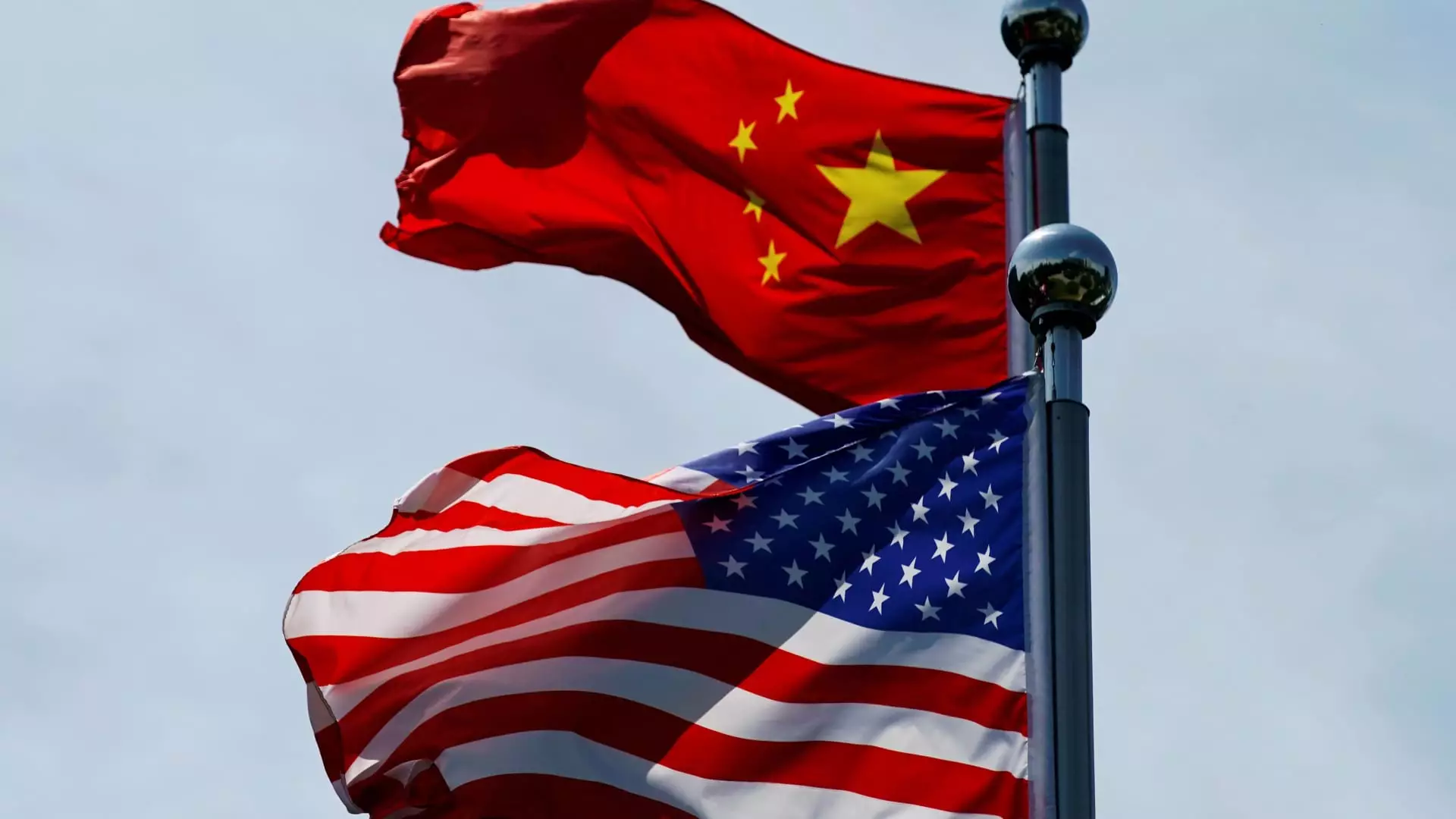The announcement by President-elect Donald Trump regarding a potential increase in tariffs on imports from China has generated significant attention and concern in economic circles. With the planned tariffs set to rise by an additional 10% on all Chinese goods entering the United States, many analysts are reflecting on the broader implications of such a decision. This article aims to analyze Trump’s tariff strategy, the economic impacts it may create, and the responses it could elicit from global markets and trade partners.
President-elect Trump has positioned his tariff policies as essential measures to combat illegal immigration and the influx of illicit drugs, particularly focusing on synthetic opioids like fentanyl. He asserts that these issues have been exacerbated by trade with China, where a significant amount of precursor chemicals used to manufacture these drugs is sourced. Trump’s comments illustrate a viewpoint that framing tariffs as a tool for addressing domestic crises could resonate with a populace deeply concerned about drug-related deaths and border security.
However, this rationale invites scrutiny. Critics argue that while tariffs might serve as a punitive mechanism against countries accused of contributing to such problems, they often complicate the very supply chains and economic partnerships that could be harnessed to address them more effectively. Furthermore, the notion that tariffs can single-handedly combat entrenched issues such as drug trafficking oversimplifies the complexities of international trade and drug enforcement.
The immediate effects of implementing these tariffs can trigger reactions across various economic sectors. Experts predict that increased tariffs may lead to higher prices for U.S. consumers, as Chinese goods become more expensive, resulting in a ripple effect that could stifle domestic consumption. Goldman Sachs’ Kinger Lau has explained that the originally anticipated tariffs may not match market expectations; an increase of only 10% could lead to adjustments in fiscal policies not only in China but also in the U.S. in response to shifting market dynamics.
Additionally, increasing tariffs on Chinese goods could propel China to pursue aggressive measures of its own, impacting the long-standing economic relationship between the two countries. Such retaliatory actions could manifest through restrictions on U.S. goods, further convoluting international trade negotiations.
The U.S.-China relationship has always been multifaceted, characterized by cooperation in some sectors and intense competition in others. Despite the tensions highlighted by Trump’s tariff proposals, trade between the two nations remains critical. As noted by Andy Rothman of Matthews Asia, the existing economic relationship between the U.S. and China continues to be vital for both nations. This underscores the potential for dialogue and negotiation, even amidst rising tensions.
Furthermore, while Trump has indicated expectations of reaching agreements with China regarding drug enforcement, historical precedence reveals that both countries have often shied away from drastic retaliatory measures. This complicated dance of diplomacy suggests that the impending tariff increases might serve more as a bargaining chip rather than definitive economic strategy.
As the global community watches the evolving landscape of U.S.-China trade relations, the anticipation of Trump’s inauguration generates questions about sustainable international trade practices. A focus on tariffs could encourage a short-term mindset that undermines long-term growth and cooperation. The challenge lies in balancing national interests with the necessities of globalization in a world where economic interdependence is more pronounced than ever.
The upcoming months will be pivotal, as market reactions to tariff announcements and subsequent policies unfold. Stakeholders must consider the ramifications of any trade barriers on domestic economies and global markets while exploring frameworks that promote collaboration over confrontation.
While Trump’s proposed tariffs may be intended as measures to control pressing issues such as drug trafficking, the broader economic implications cannot be overlooked. A more nuanced view of international trade is required, aligning efforts to address legitimate concerns without sacrificing economic partnerships that benefit all involved parties.


Leave a Reply